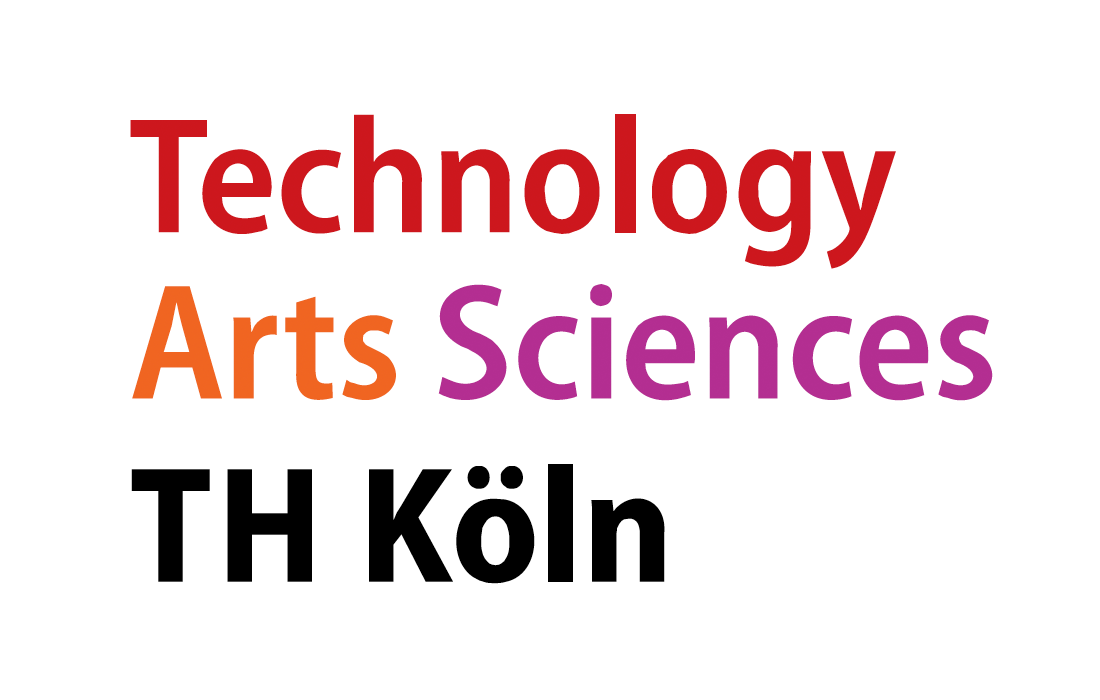Mapping to Focus Areas
Below, you find the module's mapping to the study program's focus areas. This is done as a contribution to all relevant focus areas (in ECTS, and content-wise). This is also relevant for setting the module in relation to other modules, and tells to what extent the module might be part of other study programs.
| Focus Area |
ECTS (prop.) |
Module Contribution to Focus Area |
| Generating and Accessing Knowledge |
4 |
Students learn modelling and optimisation methods that are typically used for solving managerial planning and decision problems. They will be able to assess the applicability, usefulness and limitations of these methods and develop alternative strategies.
|
| Empowering Business |
1 |
Knowledge of such methods is useful in solving managerial planning and decision problems.
|
| Designing Innovations and Products |
1 |
Modelling and optimisation techniques are also used in the automation and the design of processes and new products.
|
Learning Outcome
- Students learn modelling and optimisation methods by being introduced to them in the lectures and applying these in practical examples. Such techniques are typically used for solving managerial planning, product, and process desing as well as decision analysis and decision making.
- Students will be able to assess the applicability, usefulness and limitations of these methods and develop alternative strategies by discussiong these in detail and resoning about improvements.
Module Content
- Basic understanding of optimisation problems and how to model these
- Linear optimisation problems and solving these with the Simplex Algorithm
- Duality and sensitivity analysis
- Discrete optimisation problems, typical instances like knapsack as well as TSP, and solving these with the Branch & Bound method
- Heuristic and meta-heuristic solutions methods and their application
- Multi-criteria decision analysis and making
- Lectures with integrated exercises
- Student reports and presentations
Learning Material Provided by Lecturer
- Notes and slides from lectures
Literature
- K. Neumann and M. Morlock: Operation Research Carl Hanser Verlag, 1993
- P. A. Jensen and J. F. Bard: Operation Research – Models and Methods, John Wiley & Sons, 2003
- F. S. Hillier and G. J. Liebermann: Operations Research, McGraw-Hill, 1994
